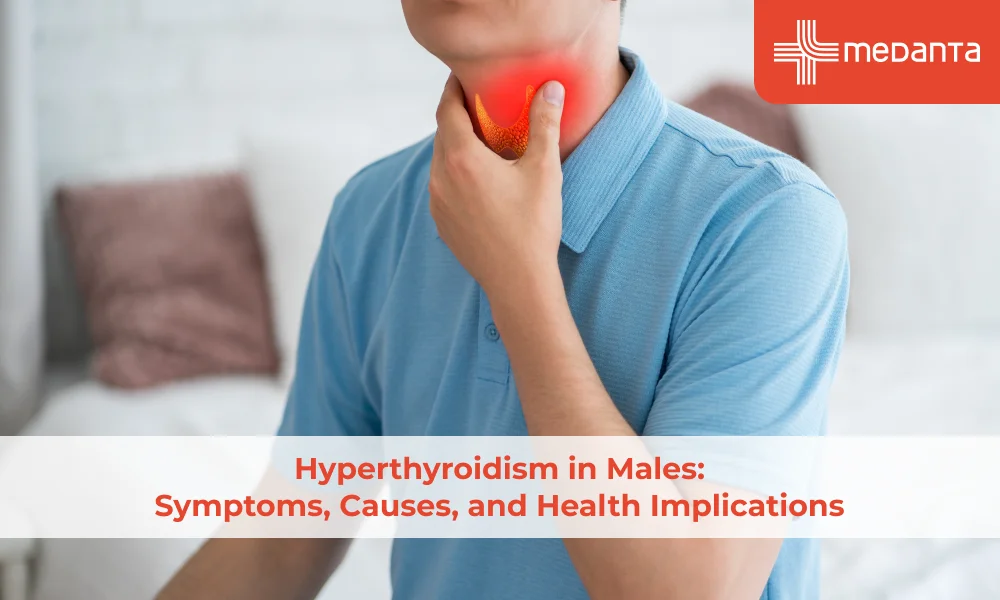Featured Blogs
Categories
-
No Suggestion Found. Please try other keyword!
Recent Articles
-
No Suggestion Found. Please try other keyword!
| Category | Content Type |
|---|---|
|
|
All Blogs








